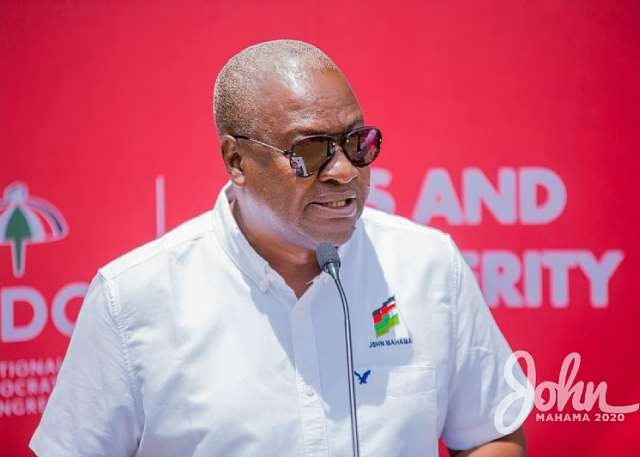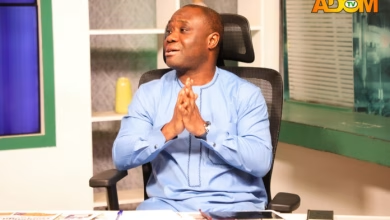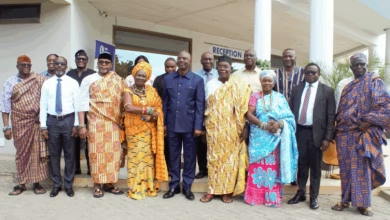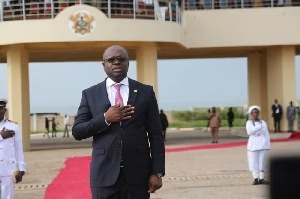Mahama Warns of Challenges and Sacrifices in Battle Against Illegal Mining

- Mahama highlighted the need for sacrifices and political will to combat illegal mining
- He committed to auditing all mining concessions
- Concerns were raised about a growing 'culture of silence'
John Mahama, the flagbearer of the National Democratic Congress (NDC), has underscored the significant hurdles in tackling illegal mining, commonly known as galamsey, and the sacrifices this effort will demand.
Speaking to religious leaders in the Bono Region, Mahama emphasized that overcoming this issue will require substantial political will and sacrifices in other sectors.
Mahama promised that if elected, the NDC would initiate a comprehensive audit of all mining concessions. He acknowledged the importance of gold to Ghana’s economy and noted that while illegal mining has boosted gold production from 80 to 135 tons per year, this increase comes at a cost.
He warned that a reduction in production could follow, leading to decreased exports and potential unemployment for those reliant on galamsey for their livelihoods.
“The fight against galamsey is necessary, but we must be ready to face the economic and social consequences,” Mahama said.
He stressed the urgency of protecting forest reserves, many of which have been damaged by illegal mining activities, and called for the removal of miners from these areas as a crucial first step.
Mahama also voiced concerns about a growing ‘culture of silence’ in Ghana, urging people to speak the truth regardless of the political climate. He lamented that when the NDC is in power, open criticism is more accepted, but this changes under other administrations, leading to a stifling of dissent.
In a related development, Ahmed Ibrahim, NDC Member of Parliament for Banda, alleged that former NPP Majority Leader Osei Kyei Mensah Bonsu was ousted for his lack of support for the anti-gay bill.
Ibrahim claimed that President Akufo-Addo and the US Ambassador to Ghana intervened to prevent the bill from passing. He urged continued advocacy and defense of Ghanaian family values, expressing concerns over potential interference in the bill’s enactment by the Chief Justice.






